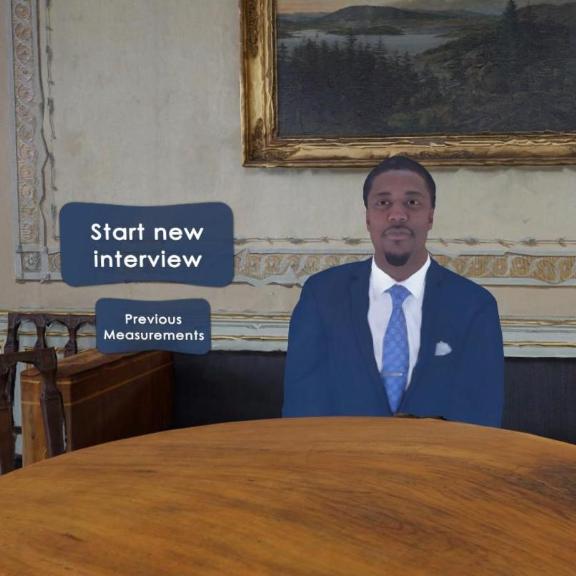Effective communication is crucial during a job interview as it helps convey one's qualifications, expertise, and personality to the interviewer. It enables candidates to articulate their thoughts clearly, listen actively, and build rapport with the interviewer. Good communication skills boost the overall impression of the candidate and increase their chances of securing the job.;
During a job interview, it is important to demonstrate certain values and behaviors that reflect strong communication skills and confidence. These include:1. Clarity: Expressing thoughts concisely and articulately.2. Active Listening: Paying full attention to the interviewer and demonstrating engagement.3. Nonverbal Cues: Maintaining good eye contact, using appropriate body language, and projecting a calm demeanor.4. Empathy: Showing understanding and compassion towards the interviewer.5. Assertiveness: Confidently sharing experiences and accomplishments without sounding arrogant.6. Adaptability: Adjusting communication style to match the interviewer's preferences.;
To improve communication skills for a job interview, individuals can practice the following:1. Be Prepared: Research the company and the role to gain confidence and enhance understanding.2. Practice Verbal Communication: Rehearse answers to common interview questions and focus on clarity, brevity, and relevance.3. Master Nonverbal Communication: Practice maintaining appropriate eye contact, using open body language, and managing nervous gestures.4. Seek Feedback: Engage in mock interviews with friends, family, or professionals to receive constructive criticism.5. Enhance Active Listening: Practice attentive listening and summarize or ask relevant questions to demonstrate understanding.6. Join Communication Courses or Workshops: Enroll in courses or workshops that focus on public speaking, interpersonal skills, and interview techniques.;
Effective communication skills are not only essential during job interviews but also in various professional settings. They enable individuals to build strong professional relationships, convey ideas effectively, and collaborate efficiently. Strong communication skills contribute to career growth and can lead to higher job satisfaction. Continuous improvement in communication skills is crucial for personal and professional development.;
Learn 5 valuable tips to improve your chances of success at a job interview and land your dream job.
Read MoreResearching the company before a job interview is crucial in demonstrating your interest, preparation, and understanding of the company's values and goals. It helps you make a positive first impression.
Read MoreSocial media plays a significant role in the job interview process, influencing how candidates are perceived and providing valuable information for recruiters. It can impact a candidate's chances of b...
Read MoreIn job interviews, candidates can showcase their interest and curiosity by asking thoughtful and engaging questions. These questions should demonstrate genuine curiosity, a desire to learn more about ...
Read More

